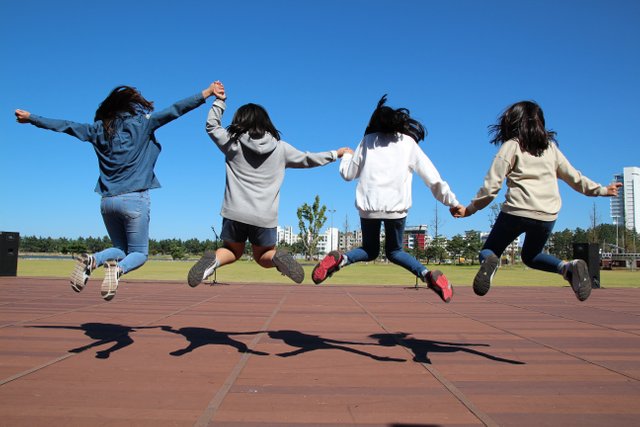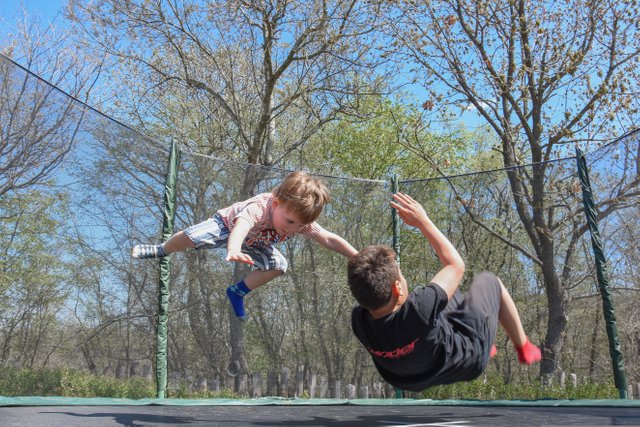Play |
|---|

Physical development |
|---|
Play helps children develop gross and fine motor skills, hand-eye coordination, balance, and spatial awareness. Running, jumping, climbing, and playing with toys all contribute to physical development.
Social and emotional development |
|---|
Play helps children learn how to interact with others, make friends, and develop empathy. Through play, children can practice communication, negotiation, and problem-solving skills. Play also allows children to express their emotions and work through challenging experiences in a safe and supportive environment.
Cognitive development |
|---|
Play stimulates children's imaginations and creativity, which can help them develop critical thinking skills. Play also helps children develop memory, attention, and language skills.
Self-esteem |
|---|
Play provides children with a sense of accomplishment and competence. When children engage in activities that they enjoy and feel successful at, they develop self-confidence and a positive self-image.
Stress relief |
|---|
Play is a natural stress reliever for children. It can help them relax, reduce anxiety, and cope with difficult situations.
In short, play is important for children because it contributes to their overall growth and development. It helps them develop physically, socially, emotionally, cognitively, and can even provide stress relief.
special thanks |
|---|
Regards |
|---|
